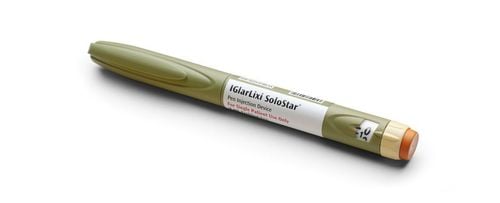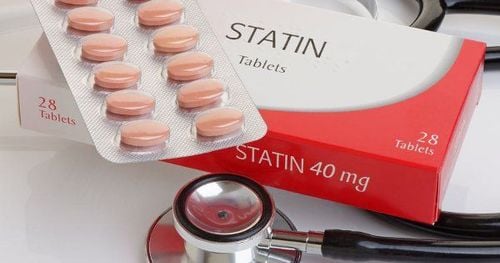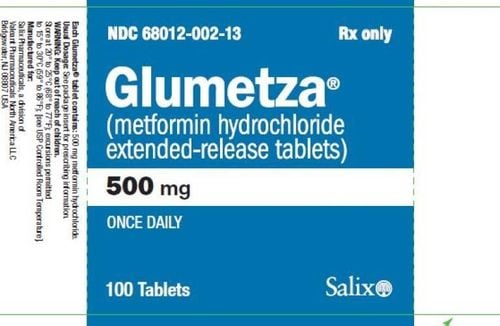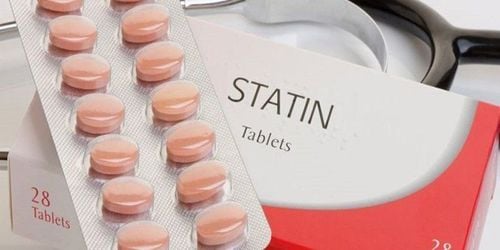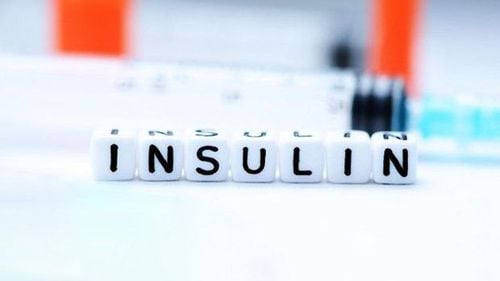This is an automatically translated article.
The article is professionally consulted by Doctor Nguyen Ngoc Phuong Nam - Emergency Resuscitation Doctor - Emergency Resuscitation Department - Vinmec Central Park International General Hospital
Hyperglycemia is a leading cause of increased mortality in critically ill patients, with or without underlying diabetes. Therefore, tight glycemic control in ICU patients is an effective means of reducing mortality, as well as complications of hyperglycemia. However, hypoglycemia also causes many adverse effects, so optimal blood glucose levels are still being studied by experts.
Previously, hyperglycemia due to serious illness (trauma, stroke, myocardial infarction, and sepsis) was considered a beneficial survival response. However, optimal glycemic values for ICU patients are currently controversial (medical or surgical resuscitation, diabetic or non-diabetic patients) and many studies are underway to determine optimal glycemic goals. However, practice guidelines from reputable professional associations recommend the use of insulin for glycemic control purposes.
In the intensive care unit, blood sugar is controlled with insulin given continuously through an electric syringe or by injection, which makes it easier to control blood sugar within the target range
1. What is the blood sugar goal in the ICU?
There is still no consensus on glycemic goals in patients admitted to the ICU. The American Diabetes Association (ADA) practice guidelines recommend a target glucose level of 140 mg/dl to 180 mg/dl (2016) for patients in the ICU. Meanwhile, the American Society of Thoracic Surgeons recommends the optimal blood glucose level for perioperative patients to be <180 mg/dl. However, a blood glucose level between 80 mg/dl and 110 mg/dl is not recommended, due to an increased complication of hypoglycemia and patient mortality.
2. What drugs to control blood sugar for patients in the intensive care unit.
2.1 Selection of Type of Insulin Human insulin is the first choice. Continuous infusion of insulin via an electric syringe is recommended by most of the Clinical Recommendations, rather than using subcutaneous injections or intermittent insulin bolus injections. The reason given is mainly because it is easy to adjust the insulin dose based on the patient's condition, as well as overcome the reduced absorption as well as insulin resistance in critically ill patients.
The use of continuous insulin infusion always carries the risk of hypoglycemia, a complication that can be fatal. Current studies show that hypoglycemic episodes increase the mortality rate, length of hospital stay of patients. Therefore, the American Diabetes Association (ADA) no longer recommends “too tight” glycemic control in patients being treated in the ICU.
The blood sugar test to adjust the appropriate insulin dose will usually be about 4-6 times / day. Depending on whether the patient's blood sugar is stable or unstable, the time to check blood sugar will be more or less.
2.2 Controlling blood sugar when transferring patients from the ICU to the ward When the patient's condition improves and is about to be transferred to the Internal Medicine department, the insuline will be changed to basal insulin for subcutaneous injection (glargine or detemir ), or Bolus as scheduled (Lispro, Aspart, Glulisine). Daily insulin requirements will be estimated from the total insulin used in the 24 hours prior to conversion, and of course, the patient's nutritional intake. According to the American Society of Endocrinologists, the target preprandial blood sugar should be below The control of blood sugar in critically ill patients is still much to be studied. However, the balance between the benefits of glycemic control and the disadvantages of hypoglycaemia remains a principle that must be adhered to. A specific guideline based on the on-site resource is needed. Continuous insulin infusion remained the cornerstone of treatment at the time of stay in the ICU and at the time of transition to Internal Medicine.
Please dial HOTLINE for more information or register for an appointment HERE. Download MyVinmec app to make appointments faster and to manage your bookings easily.





